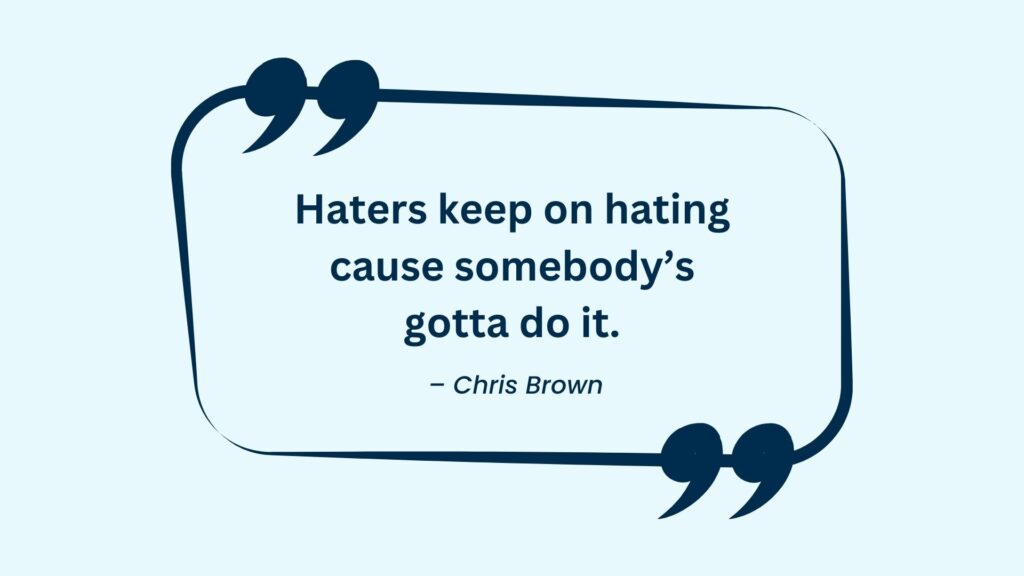Table of Contents
The College Board administers the SAT, which is a standardized test that is broadly recognized for admissions in the United States. In January 2021, the College Board made the decision to discontinue the provision of SAT subject tests in the United States.
As for the international students, they offered two more administrations in the month of May and June of 2021. This is due to the fact that the international students use these tests for various purposes, apart from admissions.
Such as, advanced placement at universities and local credential equivalences for entering colleges or as credentials for international students planning to study in some countries. And with that, the SAT subject tests came to an end.
According to College Board, the main reason for the termination of the SAT subject tests is to reduce demands on students.
The extensive availability and accessibility of the Advanced Placement (AP) tests allow students to demonstrate similar results to that of the SAT subject tests, hence the repetition is unnecessary.
In other words, students’ performance on AP tests is more than sufficient to show what the student knows.
But what were the SAT subject tests?
The SAT subject tests are standardised tests that assess your knowledge in a specific subject area; these are separate from the general SAT. You are allowed to take a maximum of three SAT subject tests in a day.
There are five categories under the SAT subject tests: Math, Science, English, History, and Languages.
Math SAT subject tests:
- There were 50 multiple choice questions for the math SAT subject tests.
- There were two levels of the math SAT subject tests: Level 1 and Level 2. Level 1 consists of college prep level algebra and geometry. There is a general consensus that the SAT math level 1 test is quite easy and requires very little practice to tackle it. Whereas the Math Level 2 subject test is relatively difficult. It consists of most of the content covered in math level 1 as well as precalculus and trigonometry.
- You are allowed to use a calculator, but only specific ones are permitted. Refer to this link for more information on which calculators are allowed: https://collegereadiness.collegeboard.org/sat/taking-the-test/calculator-policy
Science SAT subject tests:
- There were 75-80 multiple choice questions for the science SAT subject tests.
- Chemistry SAT subject test: in order to take the chemistry test, you must have some prior knowledge in the subject as it covers college-level chemistry. It requires you to be able to comprehend lab data, the atomic structure, molecular structure, some skill in algebra and the ability to interpret graphs.
- Physics SAT subject test: this test has 75 multiple choice questions. Similar to the chemistry test, this one also requires you to have prior knowledge in the subject. It covers topics like, thermodynamics, magnetism and electricity, kinematics, and gravity. You are also required to know certain topics in mathematics such as trigonometry and algebra.
- Biology SAT subject test: There are two types of Biology SAT subject tests, Biology E (Ecological) and Biology M (Molecular). Biology M focuses on biological chemistry and covers topics like cell respiration, photosynthesis and more. Whereas, Biology E focuses on population, nutrient cycles and energy flow.
English SAT subject tests:
- This test consists of 60 multiple-choice questions (around six to eight passage sections).
- This test covers prose, poetry, drama, and/or other genres.
- The texts date from 17th to 20th century American and British authors. Reading texts from this time period could help boost vocabulary skills and familiarise you with the style of writing.
Also Read: How to score 30+ in ACT exams?
History SAT subject tests:
- There were two types of history SAT subject tests: U.S History and World History
- The U.S History covers topics ranging from pre-columbian American history to the present-day. In order to prepare for this, students were required to do some background reading on American history to familiarise themselves with the style of writing.
- The World History Test covered topics on societies from prehistory to 1900 CE. This test had four categories: prehistory to 500 CE, 500 to 1500 CE, 1500 to 1900 CE, and post-1900 CE.
- For both U.S History and World History, students also needed to have prior knowledge on interpreting graphs, geography and data analysis.

Language SAT subject tests:
- There were a wide variety of languages to pick up in the languages SAT subject tests such as Korean, Latin, Modern Hebrew, Japanese, Chinese, Italian, French, Spanish, and German.
- There were a total of 60 questions for the language SAT subject tests.
- The tests consisted of questions for vocabulary, grammar, and reading comprehension, similar to that of the general SAT English section.
- Spanish, French and German could be taken in one of the two types- listening and without listening.
- This listening test involved answering questions from a recording.
- Whereas, Chinese, Japanese, and Korean Subject Tests had a mandatory listening component.
- Lastly, Italian, Latin, and Modern Hebrew did not have a listening component.
- Students could take the SAT subject tests on either of the six dates in a year for which the tests were offered, however, certain language SAT subject tests were only available on a few dates. For instance, the tests with the listening component (Chinese, Japanese, and Korean) were only offered in June. Whereas the tests without the listening component (Italian, Latin, and Modern Hebrew) were only available in June.
We live in a world that is constantly evolving and it is up to us to make the decision to “keep trying to control a storm that is not going to go away or start learning how to live within the rain.” With the new changes that College Board has implemented, we see how this quote shifts into our lives.
Further Reading:








